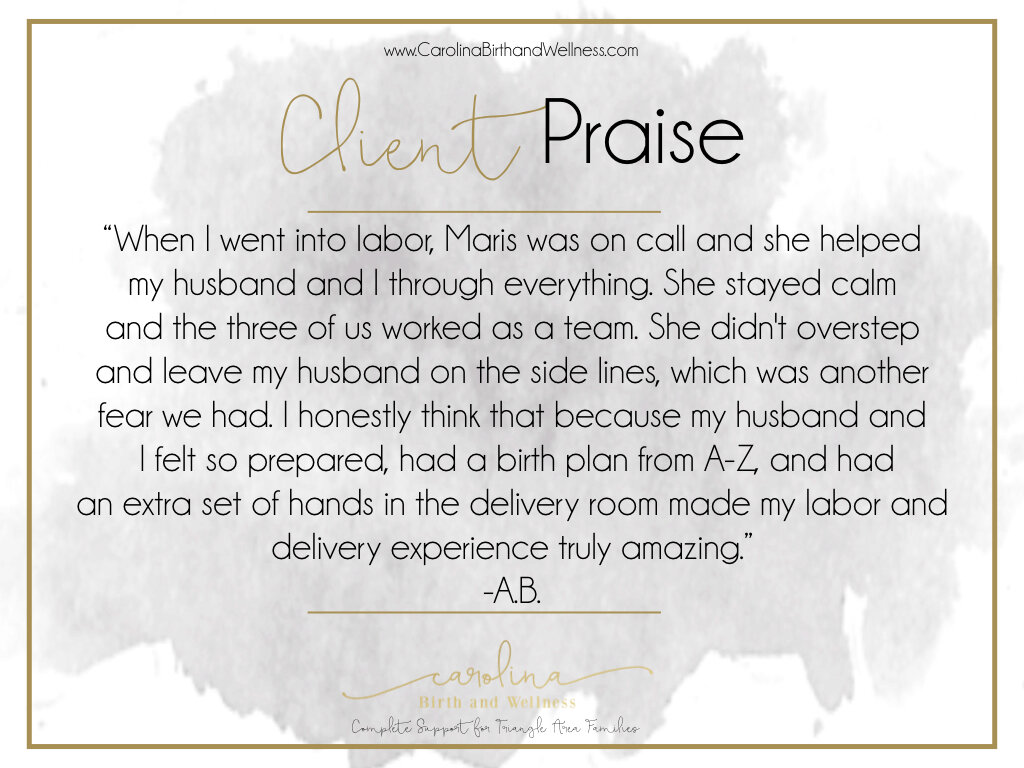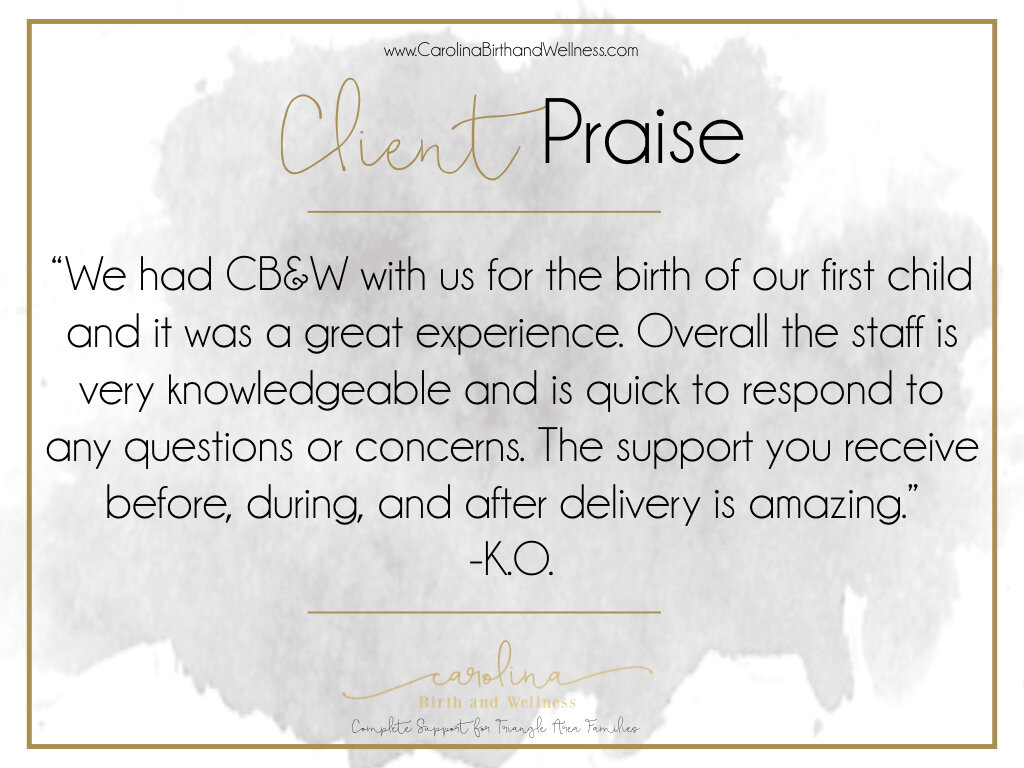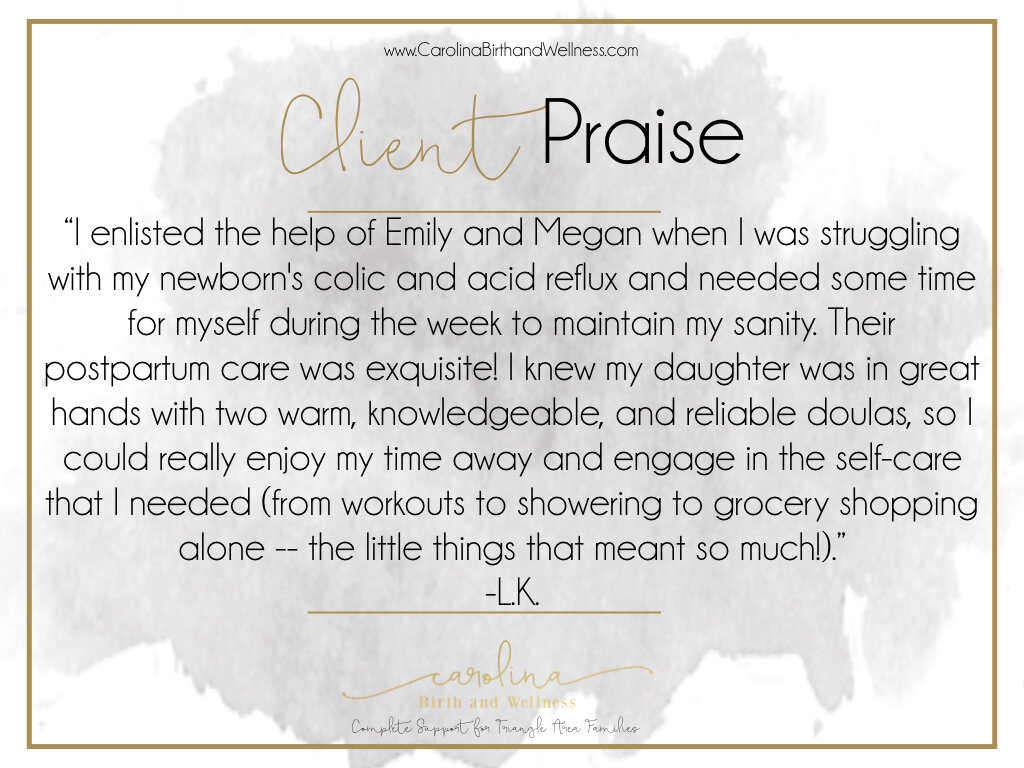As adults, we know it is never acceptable to touch another person without first receiving an invitation, but it is important we also teach our children that same concept.
Babies deserve to be asked permission
Infant massage is not something that is done to our babies, but rather with our babies. We want massage to be enjoyable, while also being a wonderful way to bond with your baby. If it becomes a chore, the benefits are lost. An important way to ensure that it does become, and stay, a positive experience, is to ask permission to massage your baby.
A great way to L.E.A.R.N. about your babies preferences when it comes to massage, is to L.E.A.R.N. how to ask permission. The L.E.A.R.N. acronym is a helps to remember the simple steps to follow before each massage, each diaper change, or anything where the baby is going to be put in a situation they might be somewhat uneasy about.
L: Look at your baby
It is always important to actually look at your baby before you proceed with anything they are involved in. Look at his or her eyes, nose, mouth, fingers, toes. Simple eye contact is a great way to engage with your baby, and allow them to learn they get to be an active participant in what happens to them.
E: Evaluate your baby’s mood
While you are looking at his or her sweet little eyes you may see a tear, or see those fingers are reaching out to you for a hug. By evaluating your baby’s mood, you are seeing how he or she feels, and how you should continue with the desired activity. If your baby is crying, or close to crying, trying a new activity is most likely not going to go well. You might need to regroup, get some great cuddles in, and then try to move on to your desired activity. For infant massage, we are looking for babies that are calm, but awake. In this calm, awake stage, the babies are more likely to receive the massage in a positive way. Just as adults do not particularly want to do a new activity when they are overly hungry, tired or crabby, babies deserve that same respect.
A: Ask for permission
Asking for permission might not seem necessary when your baby is very young, but as he or she gets older and more alert, they will understand that permission is necessary when working with another person. They will learn they should be asked prior to being touch by someone, as well as the need to ask before they touch another person. We are instilling a positive body awareness where they understand their body is their own, and they have a right to say yes or no. Before they can speak, engagement cues, such as a smile, reaching out for your hand, holding up a leg, etc., convey their consent and disengagement cues, such as turning away, covering their eyes, etc., convey lack of interest. Since their language is limited, it is also important to have a similar hand motion that goes along with the permission, so your child can learn what that particular movement means. A great way to signal the start of the massage is to rub your hands together and hold them out so they can see your palms. Soon, they will learn that sign means a massage is coming, and they can responding accordingly.
R: Reevaluate after some time has passed
Just as adults can change, babies moods can change, thus it is always important to reevaluate after some time has passes. You may have massaged one leg, and be getting ready to switch the other when the baby has decide she is done. It is not fair to her to continue with the massage if she has other plans, because again, this is her body. By reevaluating throughout the massage, you can notice how your baby’s mood has changed, and if they need a clean diaper, a quick hug, or to move on to a different activity. As the expert in raising your child, you know how ofter you need to reevaluate, but we suggest checking in more when you first introduce regular massage to them, and you can decrease to less as you both feel more comfortable.
N: Nurture
The last part of the acronym L.E.A.R.N. is nurture and is intended to remind you to keep doing what you are doing in a loving, positive way. Nurture their curiosity, their interests, and nurture your relationship through positive touch.
The first few times you ask your baby for permission will feel awkward. You have just been doing what they need, with or without their consent, and now to involve them while they cannot respond, is going to feel different. But just remember, you are instilling qualities in them now, you hope they carry with them for a lifetime.









